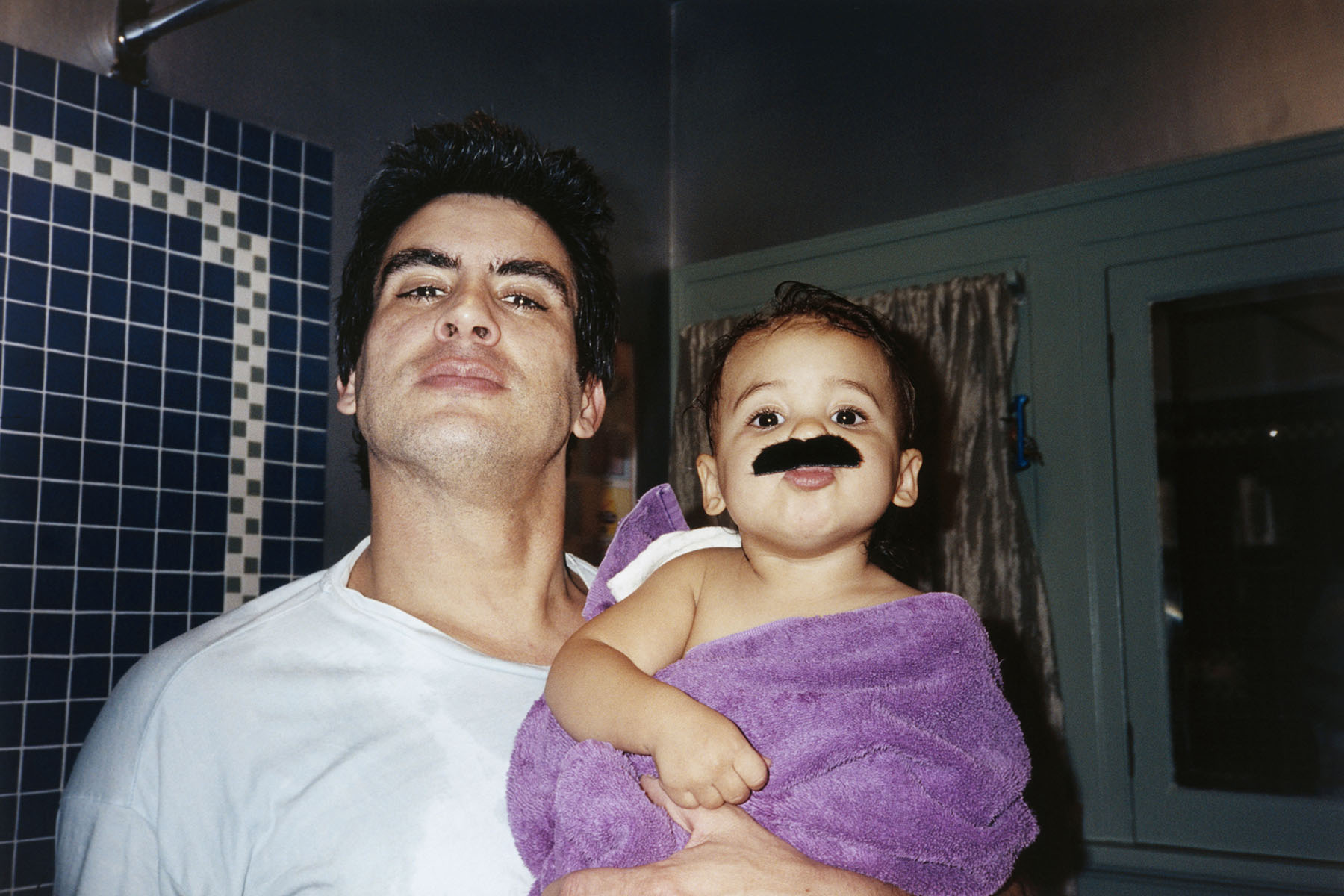Most parents won’t be surprised to learn that the transition into parenthood, quite literally, alters the brain. But after decades of research focused on the maternal brain, new studies are now emerging that show how those early months can alter fathers’ brains.
And as it turns out, daddies are made — not born.
That’s according to Darby Saxbe, a professor of psychology at the University of Southern California, and researcher Sofia Cárdenas, who have looked more closely at how time spent with an infant, particularly one-on-one, reshapes fathers’ brains to help them become more effective and instinctual caregivers, according to a report in the Harvard Business Review.
Their work joins a growing body of research that points to the importance of fathers taking parental leave. The more access dads have to paternity leave, they found, the better able they are to adjust to parenthood, helping also make them more effective co-parents as their children get older.
“There is more evidence than ever for the benefits of paternity leave — for fathers themselves, and the rest of the family too,” Saxbe and Cárdenas wrote in The New York Times in 2021 after they published research that found that mothers showed improved mental health outcomes when their partners also took leave.
In a new study published early this year, Saxbe, Cárdenas and their fellow researchers compared brain scans of first-time dads in California and Spain, where leave policies are vastly different.
The United States does not have a national paid parental leave policy, making it one of only seven nations without one — the others are Papua New Guinea, Palau, Tonga, Micronesia, the Marshall Islands and Nauru. Thirteen states, including California, have implemented their own paid leave policy. Parents in California get up to eight weeks of leave paid at 60 to 70 percent of their weekly pay (In 2025, that benefit will increase to between 70 and 90 percent of weekly wages.). In Spain, by comparison, dads get 16 weeks fully paid, with an option to take additional, unpaid leave for the first three years of their child’s life. Their job is fully protected for the first year.
In looking at the brains of 20 Spanish dads and 20 American dads before and after the birth of their first child, researchers were looking for neuroplasticity, or in other words, their brains’ ability to adjust to changes in experiences or environment. Parenthood is an important window of time for changes in adult brains. Looking at cisgender fathers presented an opportunity to isolate parenting from pregnancy, allowing researchers to hone in on the changes created directly from having a newborn.
What became clear from the research was that only the Spanish fathers’ brains were significantly different in the regions connected to sustained attention, the same ones that prepare the brain for parenting. The length of their leaves, the researchers said, is a potential explanation for the difference.
“Spanish fathers, who, on average, have more generous paternity leaves than fathers have in the U.S., displayed more pronounced changes in brain regions that support goal-directed attention, which may help fathers attune to their infants’ cues, compared with Californian fathers,” the authors wrote.
Earlier studies have reached similar conclusions. A 2018 study of dads in Germany found that parental leave has “long-lasting effects on fathers’ involvement in child care and housework” and a 2019 study of 6,000 couples in the U.S. found that fathers who took at least a week of paternity leave were 26 percent more likely to remain married.
The shift to more paid leave policies in the U.S. has been led by states and companies that have beefed up their policies in recent years. In 2011, a study by the Boston College Center for Work & Family found that only one in 20 fathers surveyed was taking more than two weeks off work for the birth of a child. All were working in four Fortune 500 companies, with most earning more than $75,000 a year. By 2019, 62 percent of fathers were taking the full leave available to them — typically six to 16 weeks — the center found.
The pandemic has played a role, too, giving many fathers a front-row seat to the demands and joys of caregiving. For some, there is no going back. They are also now demanding more flexible schedules and parental leave to spend time with their children.
But at the federal level, those cultural shifts continue to be largely ignored by policy. In 2021, a proposal to pass a federal paid leave policy failed. Rep. Colin Allred, the Democrat from Texas who was the first member of Congress to publicly take paternity leave, told the 19th that year that the reluctance in Congress to take on the issue is persistent, even as paid leave becomes more universally embraced across industries.
So far, he said, it’s been “a discussion that most people don’t want to have.”







